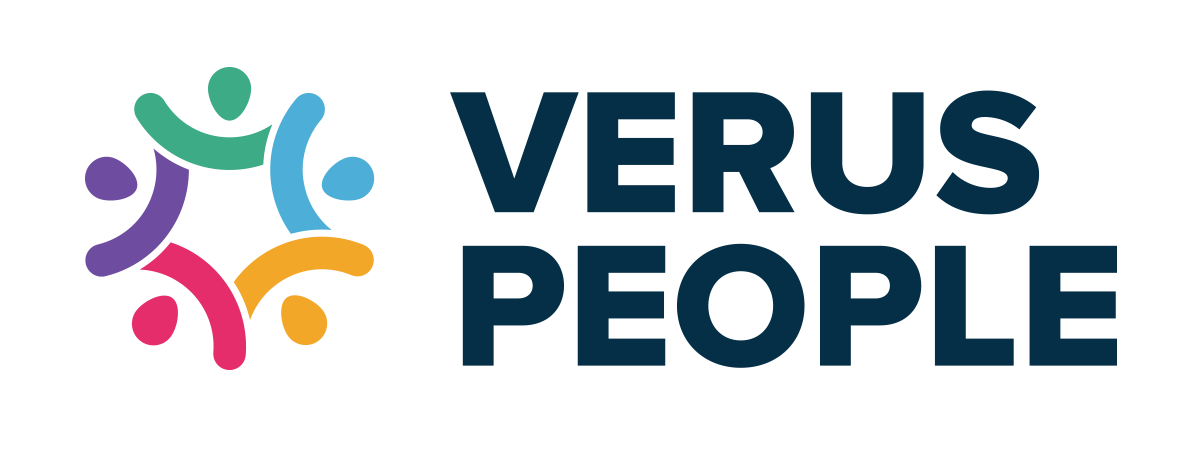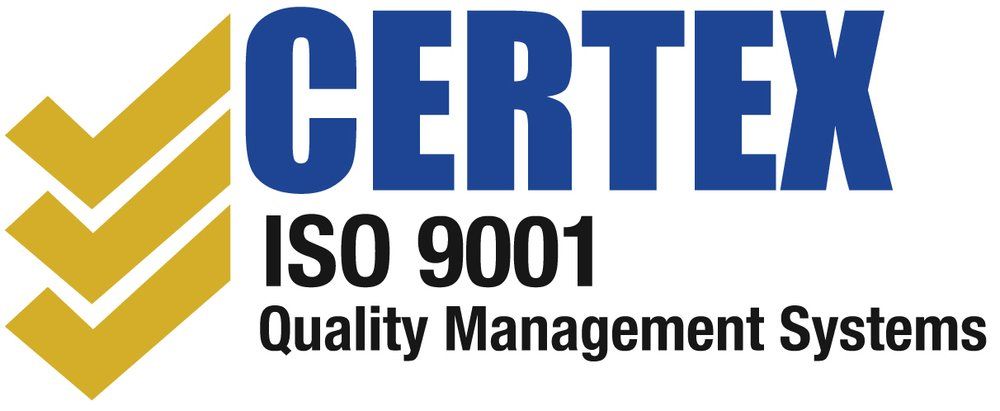Interview Tips for Healthcare Professionals
Landing a healthcare role involves more than just clinical skills—it also demands strong interview performance. Employers seek professionals who are technically proficient, culturally adaptable, and excellent communicators. Below are ten key tips to help healthcare professionals shine in interviews.

1. Research the Employer and Healthcare System
Before your interview, invest time in learning about the employer’s healthcare facility, the broader healthcare system, and any job-specific requirements. Familiarise yourself with:
- Regulatory bodies and accreditation standards
- Medical licensing processes
- Workplace culture and values
This knowledge shows you’re well-prepared and genuinely committed to joining their team.
2. Understand the Job Role and Responsibilities
Each healthcare role has unique demands. Review the position description carefully, noting the required qualifications and daily duties. Be ready to explain how your background and experience align with these specific responsibilities.
3. Highlight Relevant Skills and Experience
Healthcare employers often look for candidates who demonstrate:
- Clinical expertise
- Excellent patient care skills
- Calmness under pressure
- Adaptability to a new environment
Prepare real-life examples illustrating how you’ve applied these skills. Concrete stories help interviewers see how you’ll contribute to their facility.
4. Prepare for Common Interview Questions
Practise clear and concise responses to standard questions, such as:
- “Why do you want to work at this facility?”
- “How do you handle high-pressure situations?”
- “Can you describe a challenging case and how you managed it?”
- “How do you ensure cultural sensitivity in patient care?”
Use the STAR method (Situation, Task, Action, Result) to structure your answers and demonstrate your problem-solving approach.
5. Demonstrate Strong Communication Skills
Effective communication is crucial in healthcare. Speak confidently and empathetically, ensuring you can:
- Explain complex medical concepts to patients and professionals
- Convey instructions or information clearly
- Listen attentively to patient concerns and team feedback
Showing you can connect with different audiences highlights your value.
6. Show Cultural Awareness and Adaptability
Healthcare environments are increasingly diverse. Be ready to discuss:
- How you work with people from various cultural backgrounds
- Examples of adapting to new settings
Reinforce your willingness to learn about and respect diverse patient and team experiences.
7. Prepare for Practical Assessments
Some employers test clinical skills through scenarios or patient case studies. Familiarise yourself with the protocols and procedures common to the facility and the broader healthcare system in which you’ll be practising.
8. Ask Thoughtful Questions
Demonstrate genuine interest by asking about:
- Team dynamics and workplace culture
- Professional development and training opportunities
- Job performance expectations
- Staff support and mentorship programs
Engaging questions reinforce your enthusiasm and help you understand if the environment is right for you.
9. Dress Professionally and Be Punctual
First impressions count. Wear attire appropriate for a healthcare setting and arrive on time (or log in early for virtual interviews). This simple step shows respect for the employer’s time and sets a professional tone.
10. Follow Up After the Interview
Send a brief thank-you email to express gratitude for the opportunity and to reaffirm your interest in the role. You can also highlight any key points you felt strongly about during the interview or address any topics that needed clarification.
Conclusion
Thorough preparation, clear communication, and cultural awareness are vital for securing a healthcare role. By following these interview tips, you’ll be better positioned to impress potential employers and advance your career.
Ready to Take the Next Step?
Contact Verus People for further guidance on job opportunities, interview preparation, and tailored career advice in the healthcare sector. We’re here to help you succeed.







